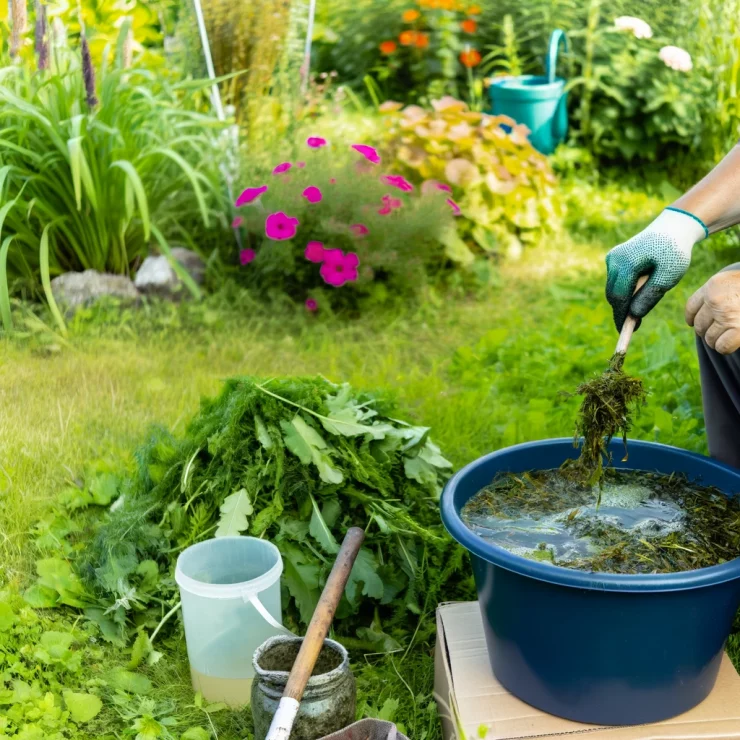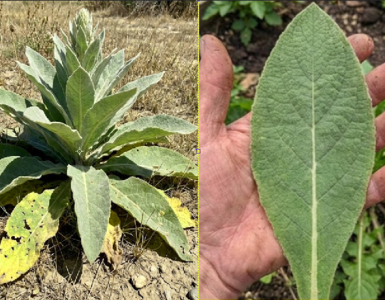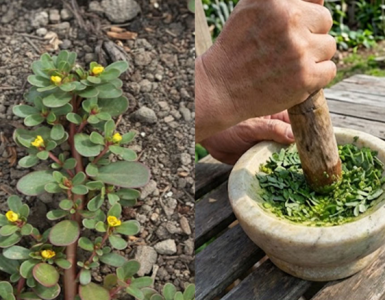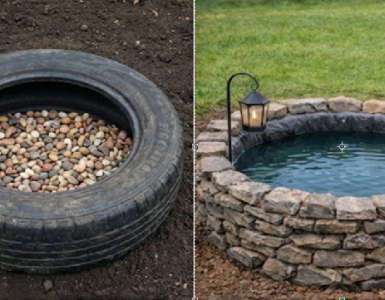In the quest for a thriving garden, gardeners often seek out expensive fertilizers and soil enhancers, overlooking an abundant and free resource: weeds. While weeds are typically seen as a nuisance, they can be transformed into nutrient-rich fertilizer that benefits your garden. Here’s how you can make and use weed-based fertilizer effectively.
Why Use Weeds as Fertilizer?
Weeds are resilient plants that absorb nutrients from the soil, often thriving in poor conditions. By converting them into fertilizer, you return these nutrients to your garden soil, enriching it and promoting the growth of your desired plants. Additionally, using weeds as fertilizer is an eco-friendly way to recycle plant matter and reduce waste.
How to Make Weed Fertilizer
1.Weed Tea Fertilizer
Materials Needed:
A bucket with a lid
Water
Weeds (without seeds)
Steps:
Collect Weeds: Gather weeds from your garden. Avoid using weeds with mature seeds to prevent spreading them.
Fill the Bucket: Place the weeds into the bucket, filling it about halfway.
Add Water: Fill the bucket with water, covering the weeds.
Steep the Weeds: Cover the bucket with the lid and let the mixture steep for 2-4 weeks. Stir occasionally to help the decomposition process.
Strain the Mixture: After a few weeks, strain the liquid into another container. This liquid is your weed tea fertilizer.
2.Composting Weeds
Materials Needed:
Compost bin or pile
Garden tools (shovel, pitchfork)
Steps:
Prepare the Weeds: Remove seeds and roots from the weeds to prevent them from growing in your compost.
Layer the Weeds: Add the weeds to your compost bin or pile in layers, alternating with other compost materials like kitchen scraps, grass clippings, and leaves.
Maintain the Compost: Keep the compost moist and turn it regularly to aerate it and speed up decomposition. In a few months, the compost will break down into rich, dark soil.
Using Weed Fertilizer in the Garden
Dilute the Weed Tea: Before using weed tea, dilute it with water in a ratio of 1:10 (one part weed tea to ten parts water) to prevent burning your plants.
Apply to Soil: Pour the diluted weed tea around the base of your plants, avoiding direct contact with the foliage.
Compost Application: Use the composted weed material as you would regular compost. Spread it around your garden beds to improve soil structure, water retention, and nutrient content.
Benefits of Weed-Based Fertilizer
Cost-Effective: Utilizing weeds from your garden eliminates the need to purchase commercial fertilizers.
Nutrient-Rich: Weeds absorb a variety of nutrients from the soil, which they release when decomposed, providing a balanced diet for your garden plants.
Sustainable Gardening: Recycling weeds into fertilizer reduces garden waste and promotes a more sustainable gardening practice.
Tips for Success
Avoid Invasive Weeds: Be cautious about using highly invasive weeds that could propagate if not properly composted.
Monitor Soil Health: Regularly check your soil’s health and adjust the use of weed fertilizer as needed to maintain optimal growing conditions.
Combine with Other Fertilizers: For best results, combine weed-based fertilizer with other organic fertilizers and soil amendments to ensure a well-rounded nutrient supply.
Turning garden weeds into fertilizer is a simple, sustainable, and cost-effective way to boost your garden’s health. By harnessing the hidden power of these persistent plants, you can create a thriving garden while contributing to a more eco-friendly environment. Never underestimate the potential of free fertilizer from weeds – your garden will thank you for it!






Add comment